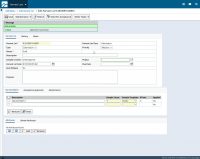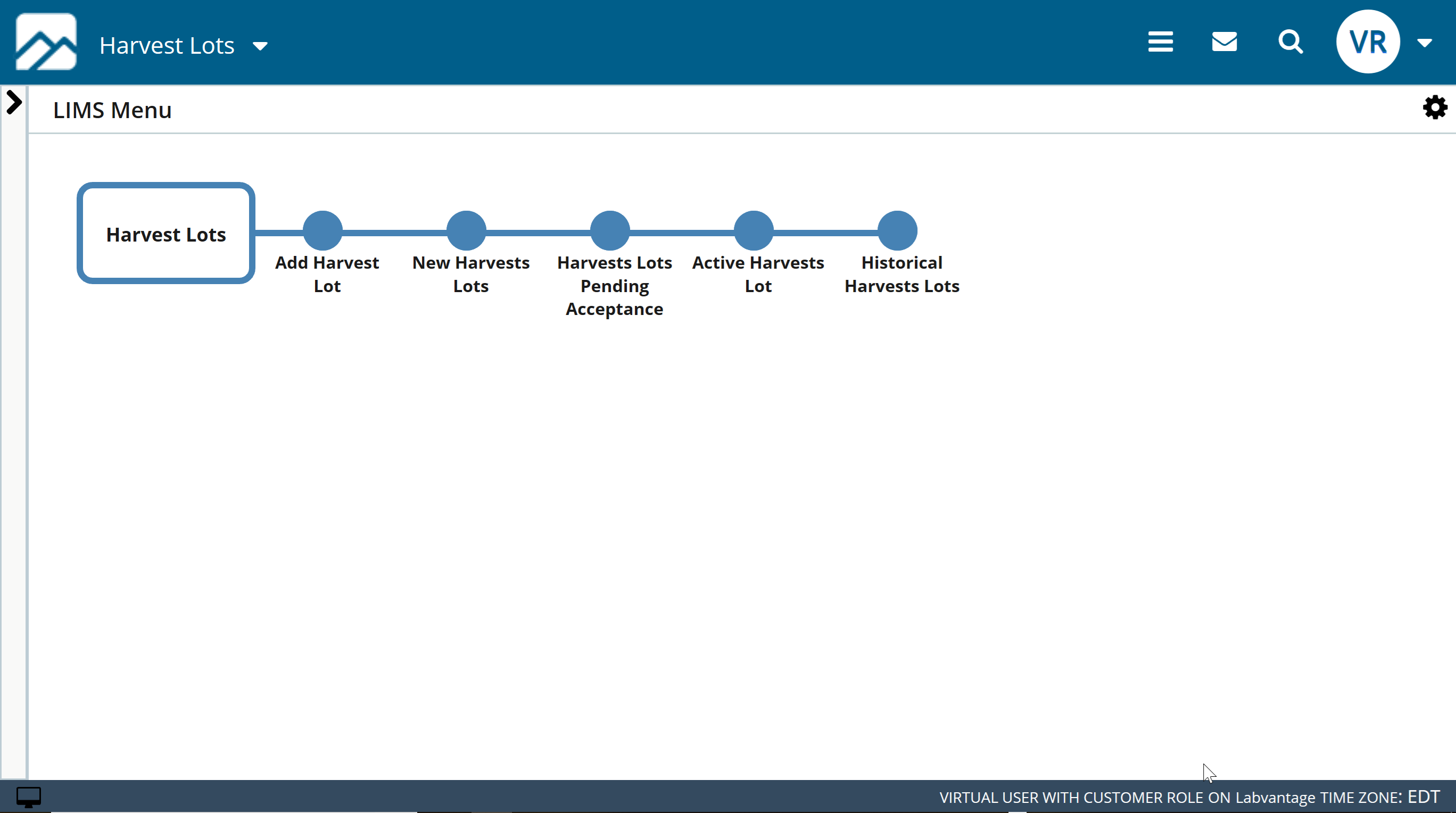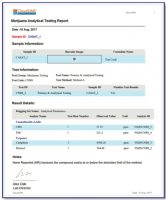LabVantage Solutions, known in other testing industries as a leader in laboratory information management systems (LIMS), has launched their own cannabis-specific LIMS. Unveiled at the Cannabis Science Conference in Portland, OR, the purpose-built software is designed specifically for cannabis testing and certification.
Here are a few key highlights of their system, taken from the press release:![]()
- Available through perpetual licensing or SaaS
- One platform for all tests, instruments, sample information, and results data, with option to embed ELN, LES, and other modules
- Registers sample requests, including a portal for remote requests from growers and distributors
- Fully audited sample lifecycle and audit trail
- Certificates of Analysis customized for local regulatory requirements
- Includes American Herbal Pharmacopoeia® tests for Cannabis Inforescense.

LabVantage says their system can support ISO/IEC 17025 compliance, ISO 9001:2015, 21 CFR Part 11 and Annex 11 and GLPs as well. According to Bob Voelkner, vice president of sales and marketing, it has a very open architecture as well as web services technology, which allows for integration with METRC and other traceability software platforms. “We know the testing methodologies these labs use, so the customer doesn’t have to create that from scratch,” says Voelkner. “This is meant to be out of the box and ready-to-use, so the customer can get up and running with minimal lag time.” LabVantage has actually been a provider of LIMS solutions for over 30 years and they serve a broad range of lab types.

Voelkner says they’ve been working with clients at cannabis labs over the past few years to configure their LIMS for this space specifically. “The lab managers can modify workflows on their own without having to write code,” says Voelkner. “We have a well-established solution with a good track record, that’s been around for a while and is proven. Some other players that are brand new to the space may be new to LIMS and that may not be a good thing. We are a market leader in the global LIMS space with a proven product that is very well established and very powerful.” Voelkner adds that lab managers get to own their data, not LabVantage. “You own the data. It is your database and it is proprietary to you. It is yours to use as you see fit.”
Lab managers have the option to configure the system to adapt to new compliance issues themselves, or work with the LabVantage professional services team to build it out further. “This particular space is new and emerging, it is pretty dynamic — we see a lot of change happening,” says Voelkner. “We believe this space needs a highly flexible platform and this is a proven technology solution with a lot of configurability built into it.”













